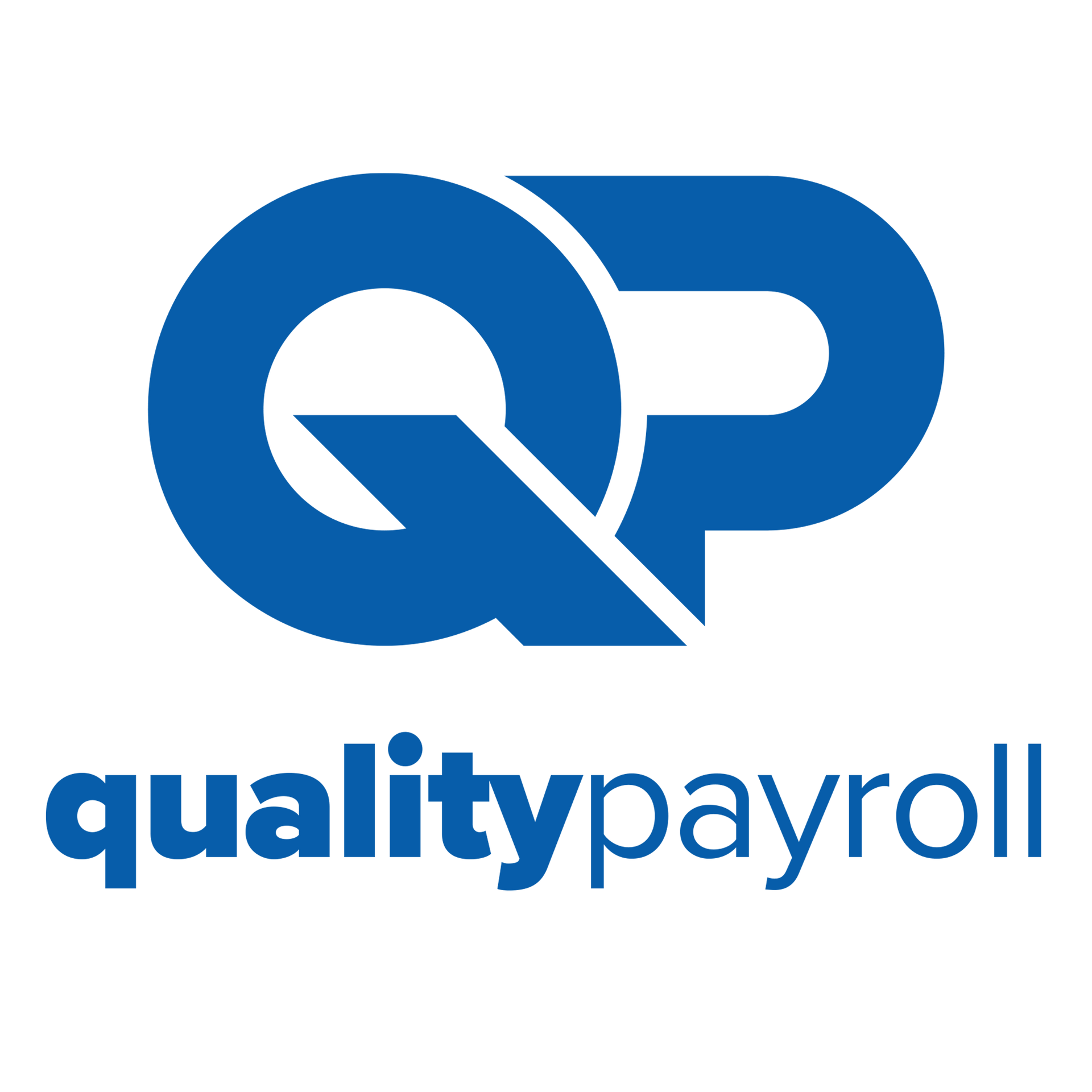About Us
At Quality Payroll & Benefits, we specialize in streamlining your business operations through top-notch payroll services, bookkeeping services, and comprehensive human resources solutions. Our mission is to get you back to what you do best—running your business—while we handle the intricacies of employee management and financial oversight.
We understand the challenges of managing payroll and HR tasks in today's fast-paced business environment. That's why we leverage the latest technology and industry best practices to ensure accuracy, compliance, and efficiency. Whether it's automating your payroll processes, integrating bookkeeping services, or offering expert HR and benefits administration, our services are tailored to meet the unique needs of your business.
Our team is dedicated to simplifying the complexities of payroll and human resources. With our cutting-edge solutions, you can rest assured that your business is in capable hands. We provide seamless integration with your existing systems, ensuring minimal disruption and maximum benefit.
Our Services
Payroll
Our payroll services streamline operations by automating calculations and ensuring compliance. This eliminates manual hassles, reduces errors, and saves valuable time. Our comprehensive and customizable solutions handle everything from direct deposit to tax withholdings, allowing businesses to focus on their core activities.
Bookkeeping Services
Our professional bookkeeping services ensure your financial records are accurate and current. We provide real-time insights into your financial health, empowering you to make informed decisions and develop effective strategies for your business's growth and stability.
Human Resources
Our HR experts offer comprehensive support in managing employee records, ensuring adherence to all relevant labor laws and regulations. We optimize your human resources processes for maximum efficiency, allowing you to focus on core business objectives while maintaining full compliance and effective workforce management.
Benefits Administration
Handling employee benefits can be challenging. Our comprehensive benefits administration services streamline this process for both you and your team. We simplify the complexities, ensuring a smooth and efficient experience, allowing you to focus on your core business while your employees receive the support they need.
Why Choose Us?
Choosing Quality Payroll & Benefits means opting for a partner committed to your business's success. We pride ourselves on delivering personalized service and innovative solutions that drive productivity and growth. Our focus on technology ensures that you have access to the tools and insights you need to thrive.
Discover how we can transform your payroll and HR functions into a competitive advantage. For a customized consultation, connect with our team today. Let us help you streamline your operations and achieve long-term success.



